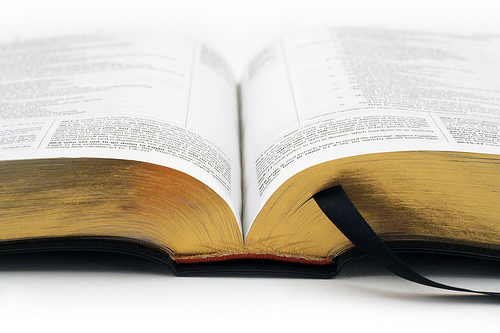 How do we argue for the authority of Scripture? If we resort to evidences and proofs for the reliability or authority of Scripture, we fall into the trap of placing reason in the seat of judgment over Scripture. So how do we establish the authority of the Bible?
How do we argue for the authority of Scripture? If we resort to evidences and proofs for the reliability or authority of Scripture, we fall into the trap of placing reason in the seat of judgment over Scripture. So how do we establish the authority of the Bible?
John Calvin understood this more clearly than anyone before him. He knew that Scripture attests to itself in a way that no other religious authority did or could. Once Scripture’s authority was established by its own testimony about itself, then and only then, would evidences and proofs become useful, since now they became supporting testimony to Scripture’s supreme authority.
Unless this certainty, higher and stronger than any human judgment, be present, it will be vain to fortify the authority of Scripture by arguments, to establish it by common agreement of the church, or to confirm it with other helps. For unless this foundation is laid, its authority will always remain in doubt. Conversely, once we have embraced it devoutly as its dignity deserves, and have recognized it to be above the common sort of things, these arguments—not strong enough before to engraft and fix the certainty of Scripture in our minds—become very useful aids. (Institutes, 1.8.1)

0 Comments